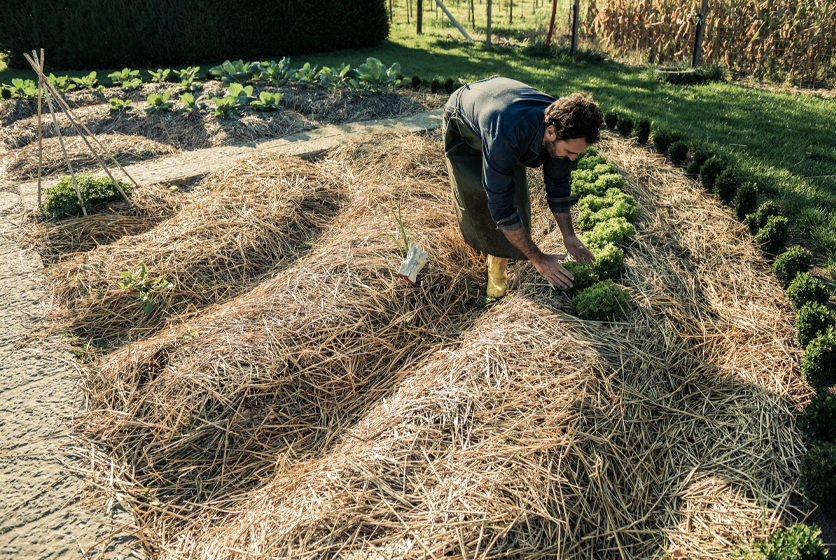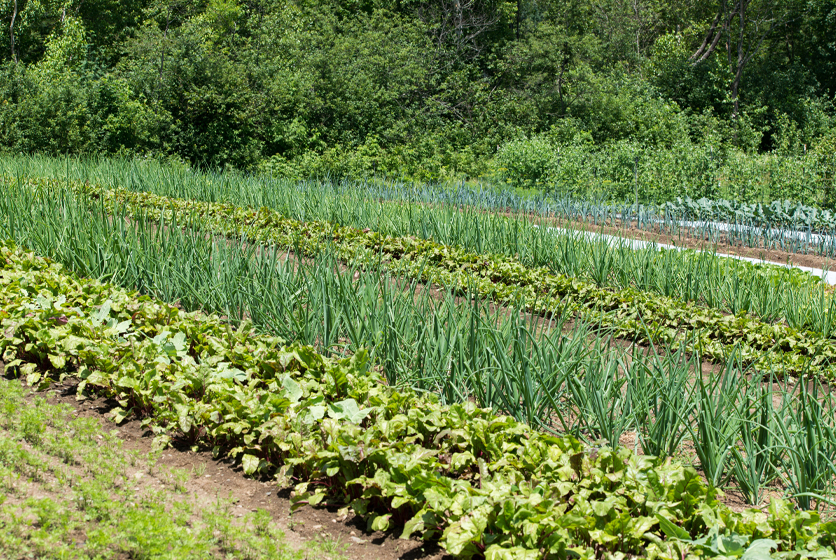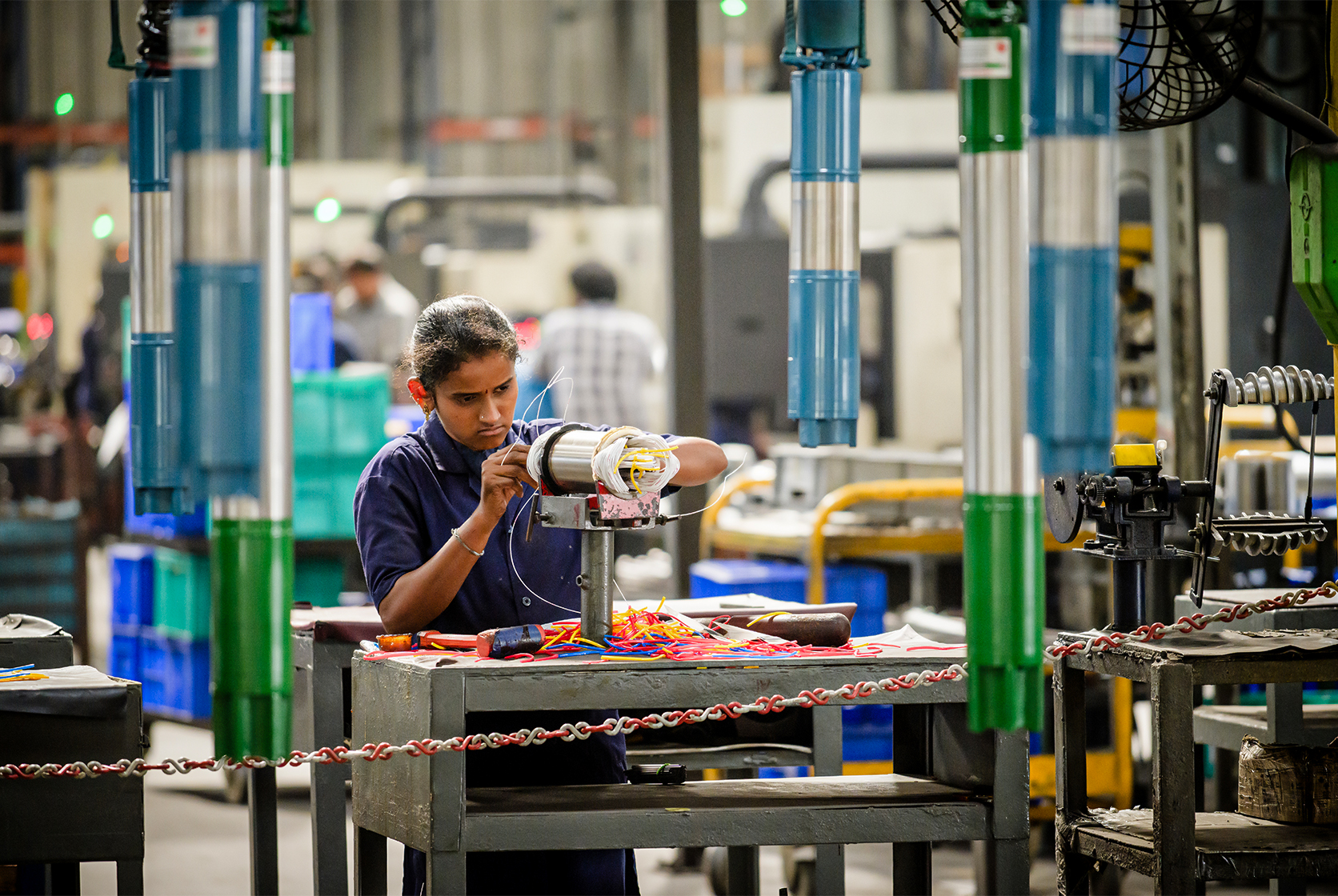Permaculture Farming
In almost every walk of life, principles such as sustainability, holism and eco-friendliness are inspiring people to make big changes in lifestyle. The agriculture sector, in quite a few ways, has embraced these tenets in more ways than one. Permaculture farming is a system in which farmers are:
- Working more in sync with nature
- Keeping sustainability in mind
- Preserving & fostering biodiversity
- Creating better resource sharing mechanisms and
- Making better use of the land as well

What is permaculture farming?
It is rather interesting to note that practitioners of this type of farming call it a design principle. If you were to delve deeper into permaculture, you will realise that this is indeed a relevant way of describing permaculture.
This type of agriculture is thoughtful and based on certain key principles. Some of the most important principles are:
- Preserving the environment and biodiversity of the location
- Active integration of natural ecosystems when it comes to planning land use
- Use land in a manner that leaves it fit for cultivation over generations in the future
- Multi-disciplinary approach by integrating organic farming, sustainable development and even agroforestry to name a few
- Being deliberate about caring for the community, nature and individual needs
It is a fairly new implementation in the area of agriculture but relies on age-old concepts to make for a better way of farming.

Some benefits
There are plenty of benefits of permaculture farming at the macrocosm level. And if you were to get down to brass tacks, there are significant advantages here as well:
- Better nourishment for the soil since the use of chemicals is absent.
- Longevity - gentler system of farming leaves the soil richer for the future as well
- Better manpower utilisation since plants or crops are not tended intensively and regularly
- Higher nutrition content in the crops since they have been produced in a nature-friendly manner
- Reduced use of resources like water and
- Significantly lower amount of waste
When the emphasis is on working smarter, there are bound to be some palpable changes in the way farming evolves!
India and permaculture farming
It is exciting to see the growth of permaculture farming in India. Small, medium and big farms and many individuals are adopting this eco-friendly system in multiple ways. Take the example of the work being done by the Centre for Learning, Organic Agriculture and Technology (CLOAAT) in Tamil Nadu. This Centre has harnessed the 3 ethics and 12 design principles of permaculture to create a self-regulated community.
In Karnataka, swaYYam has used permaculture farming to grow multiple crops. The farm’s sunflower seeds have 40% oil content as compared to 30% for sunflowers grown in the conventional manner. One of the bigger problems they are solving with permaculture is food wastage.
These small-scale food forests are coming up in multiple places in India and people like Dharmendra Dada have taken on the onus of spreading the good word. He is a permaculture expert and travels almost all over India to talk to people on how permaculture can make a difference to their lives.
#InterestingInfo
- Hugelkultur is a traditional permaculture system used in Eastern Europe and Germany.



